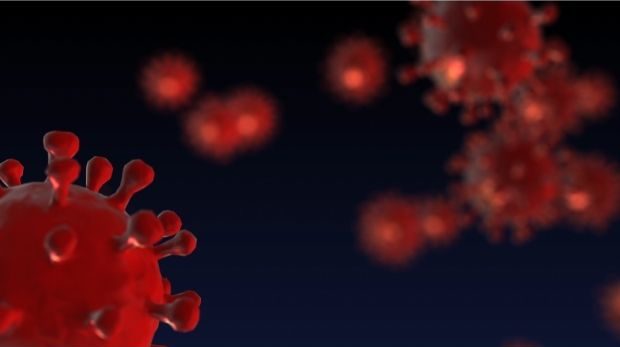WHO downgrades PH variant of COVID-19

Stock photo / INQUIRER.net
The World Health Organization (WHO) has downgraded the classification of P.3, the SARS-CoV-2 variant first detected in the Philippines.
Based on information from its website, the WHO changed the classification of P.3 from a variant of interest (VOI) to simply an “alert for further monitoring” on July 6.
National Institutes of Health executive director Dr. Eva Maria Cutiongco-de la Paz confirmed the downgrade at a media briefing on Tuesday, saying it was likely due to the decreased detection of the variant globally. “The reason for this is its reported detection has decreased over time,” Cutiongco-de la Paz said. The P.3 variant was initially assigned the label Theta but since it has been downgraded, it reverts to being called P.3, the WHO said. Prior to its downgrade, P.3 was considered a variant under investigation.
According to the WHO, a SARS-CoV-2 designated as an alert for monitoring is a “variant with genetic changes that are suspected to affect virus characteristics with some indication that it may pose a future risk.” However, it is unclear if variants under this classification have an epidemiological impact, which necessitates further monitoring.
Cutiongco-de la Paz said despite the downgrade, the Department of Health (DOH) and Philippine Genome Center would continue monitoring the P.3 variant. As of July 6, there were 269 recorded instances of the variant in at least 14 countries.
Article continues after this advertisementIn the Philippines, as of July 4, there were 166 known cases of the P.3 variant. Of these, 163 have since recovered, while two succumbed to the disease. The DOH said there was still one active case of the variant.
Article continues after this advertisementDuring the briefing, Cutiongco-de la Paz explained that a variant can be considered a variant of concern or variant under investigation if it is suspected to lead to increased transmissibility and increased resistance to neutralizing antibodies.
However, since there have only been “sporadic detections” and “small clusters of cases” that have been reported globally, Cutiongco-de la Paz said the classification of the WHO was justified. Still, despite the WHO’s downgrade, Cutiongco-de la Paz said local authorities could also designate variants as one of local interest or concern. However, she said there had been no discussion yet if P.3 would be designated a variant of local interest.
“I think this is something that we need to think about very well before we make such forms of declaration,” she said.
When asked what the dominant variant in the country is, Cutiongco-de la Paz said it was difficult to conclude since there was still only a small sample of tests that had been sequenced, but that the Beta variant first detected in South Africa had been detected in the majority of the cases that had been subjected to whole genome sequencing.
Meanwhile, the DOH on Tuesday said it recorded 3,604 new COVID-19 infections, the lowest since May 23 when there were 3,079 cases recorded. Tuesday’s new cases brought the total case count in the country to 1,481,660.
In its daily case bulletin, the DOH said there remained 46,934 active cases. Of this number, majority or 89.6 percent are mild cases, 4.3 percent asymptomatic, 1.6 percent in critical condition, 2.6 severe and 1.83 percent moderate.
The DOH did not provide a reason for the lower number of new infections, but it did say that seven labs failed to submit its data. However, the labs normally only account for 2.7 percent of sampled tests and 2.5 positive cases, based on DOH data from the past two weeks. The new cases usually dip on Tuesdays, since some laboratories do not have weekend operations. In the same bulletin, the DOH said another 5,840 individuals had recovered, which brought the total number of survivors to 1,408,634. However, 77 individuals succumbed to the respiratory disease, pushing the country’s death toll to 26,092.
The DOH said it removed five duplicates from the total case count, while 72 cases previously tagged as recoveries were verified to still be active cases.
Another 47 cases previously tagged as recoveries have been reclassified as deaths following final validation, the DOH said.